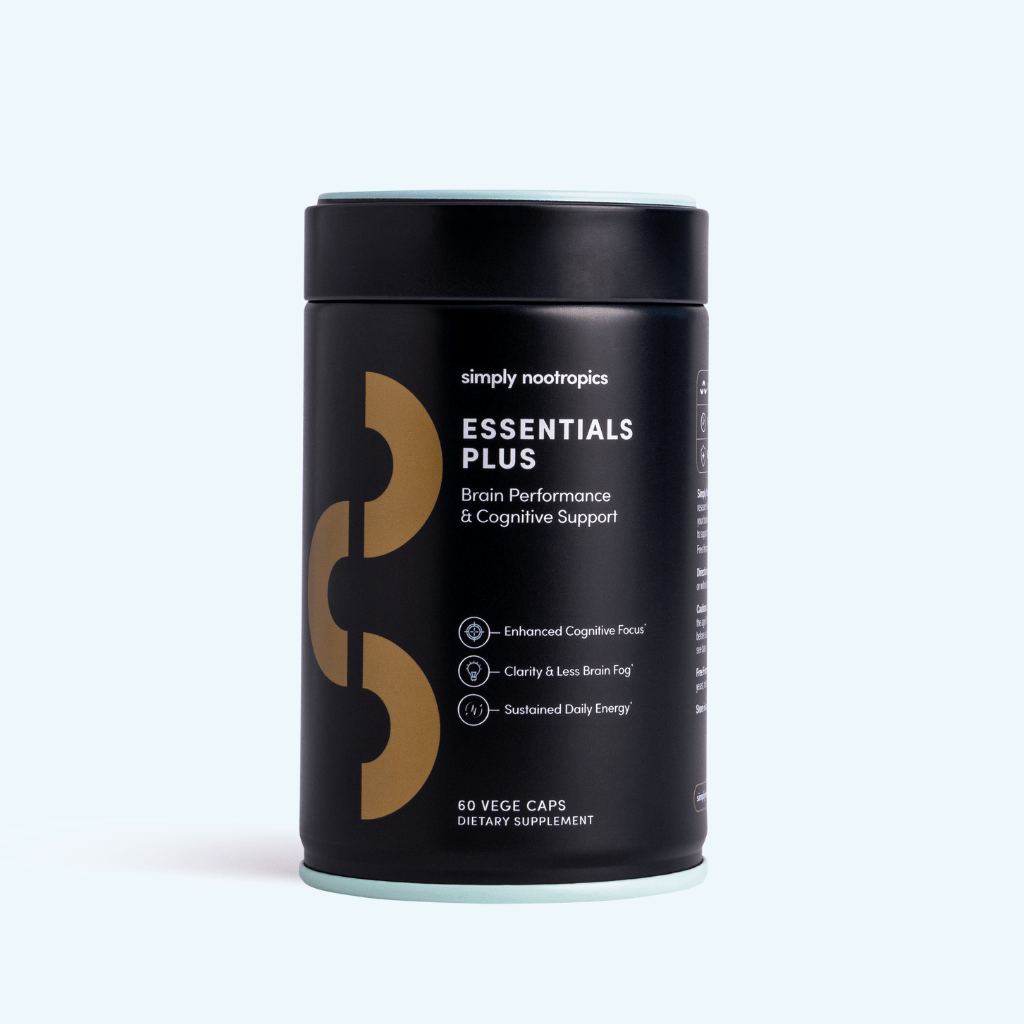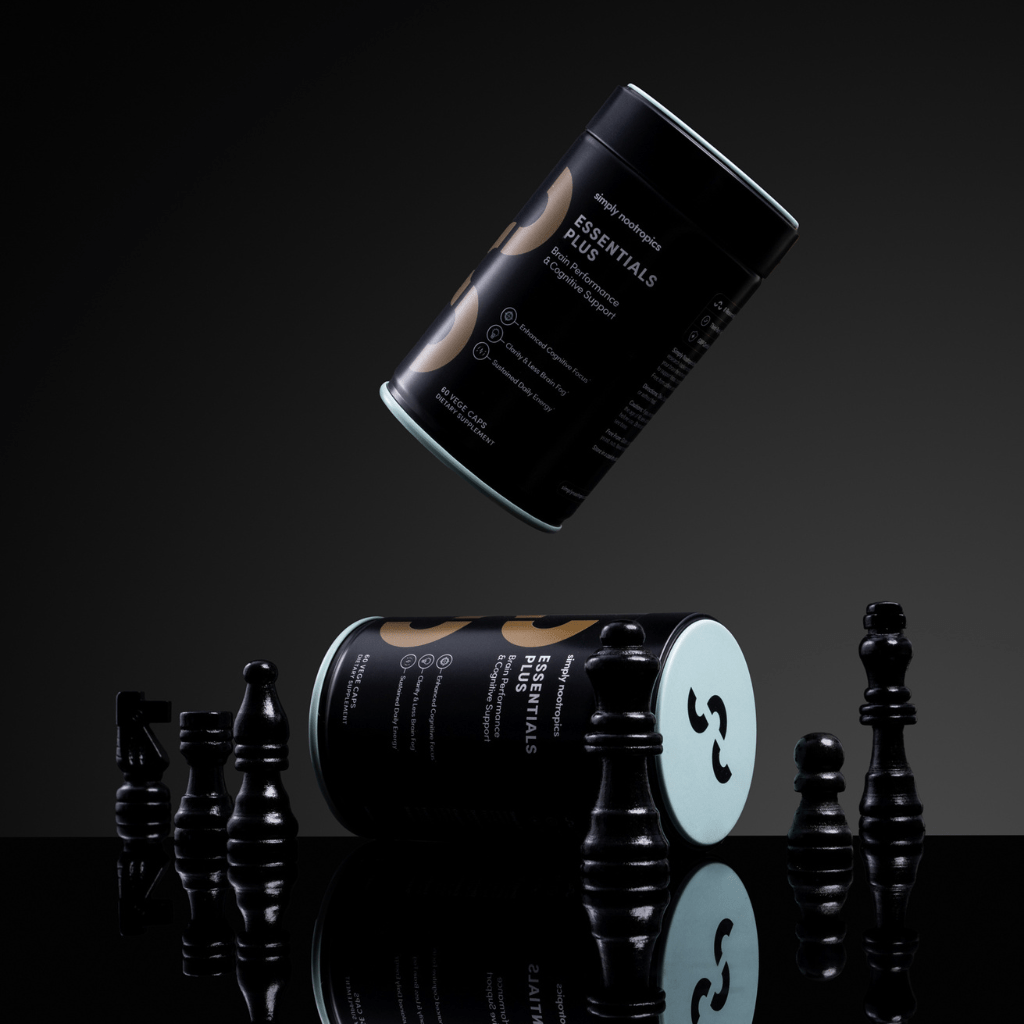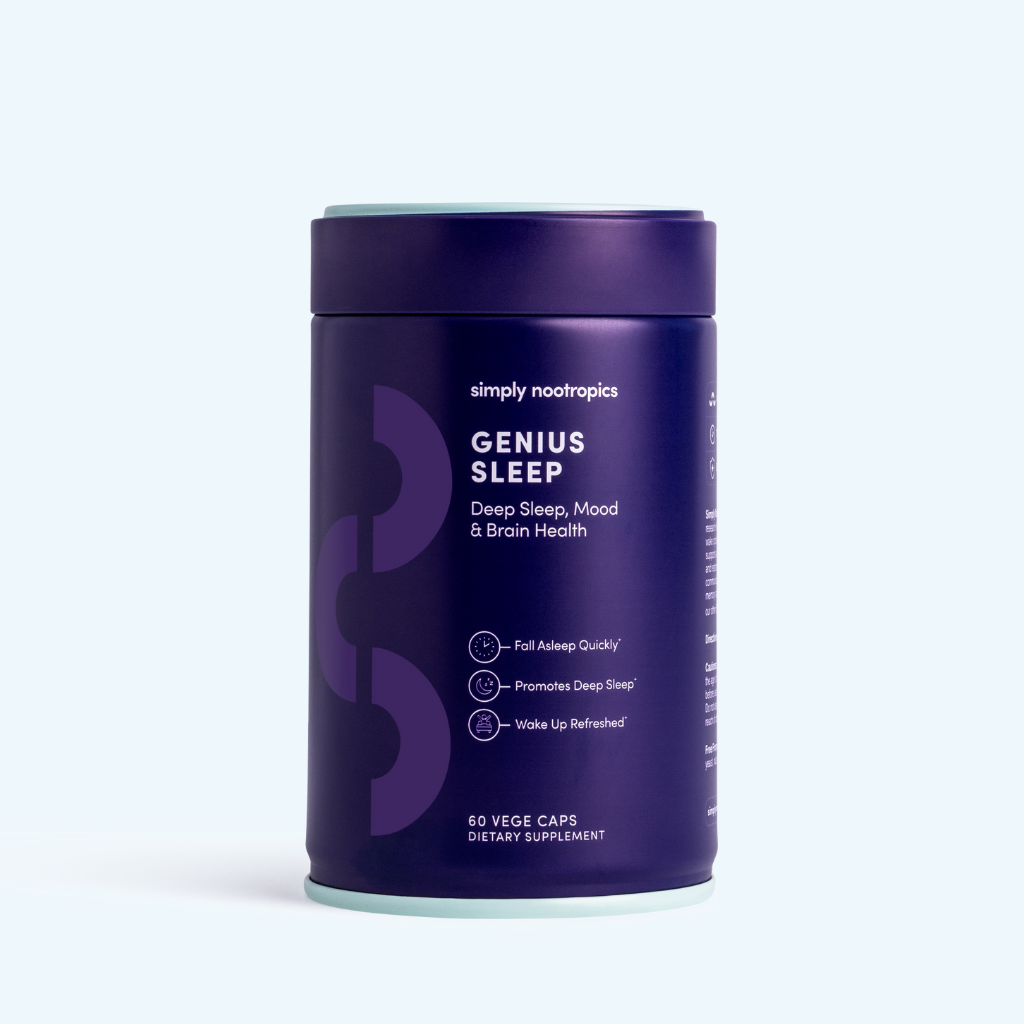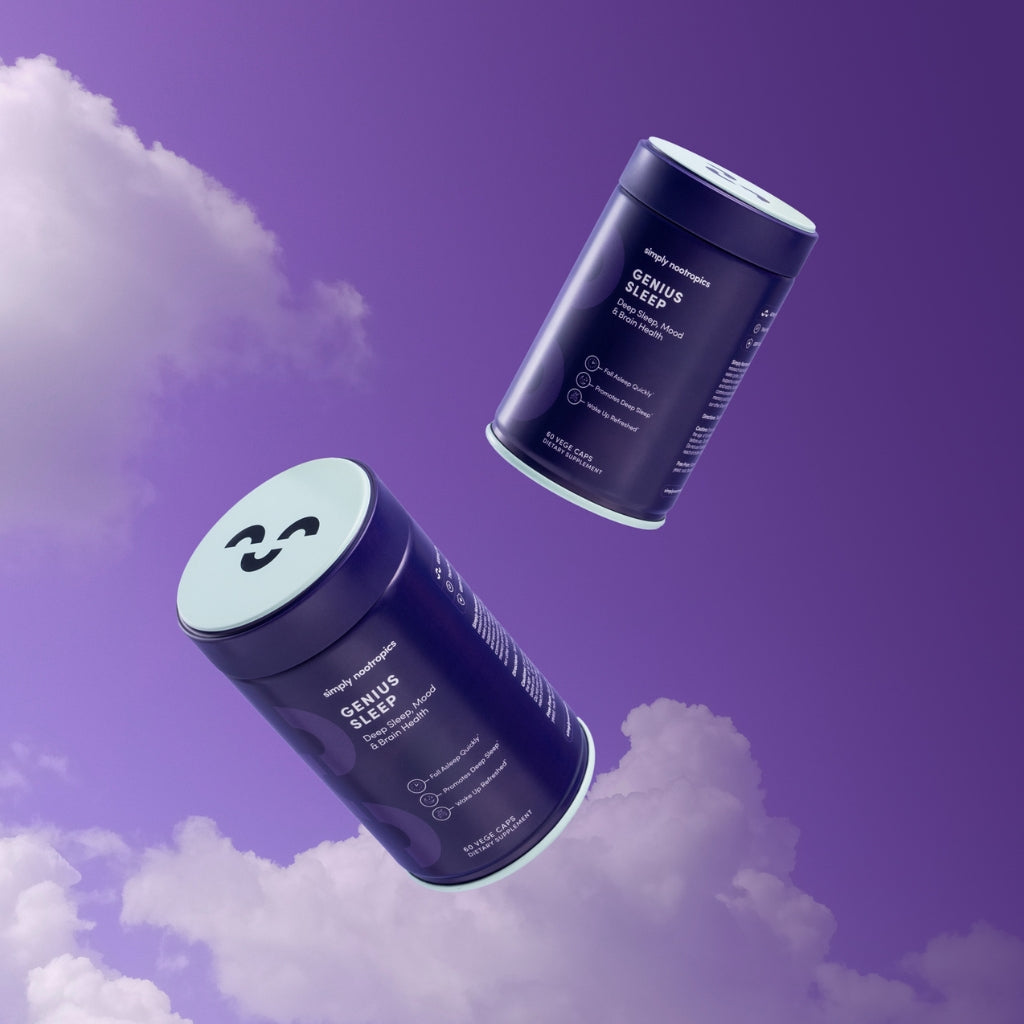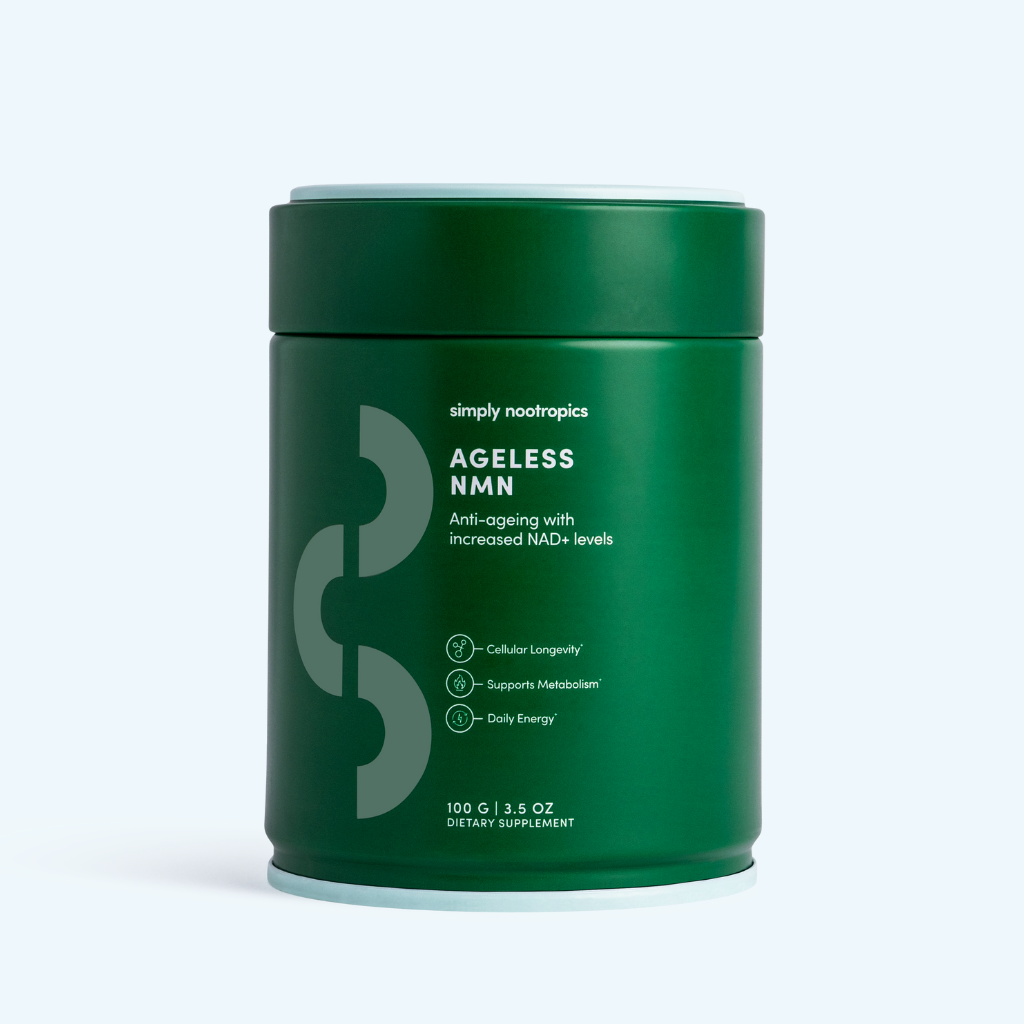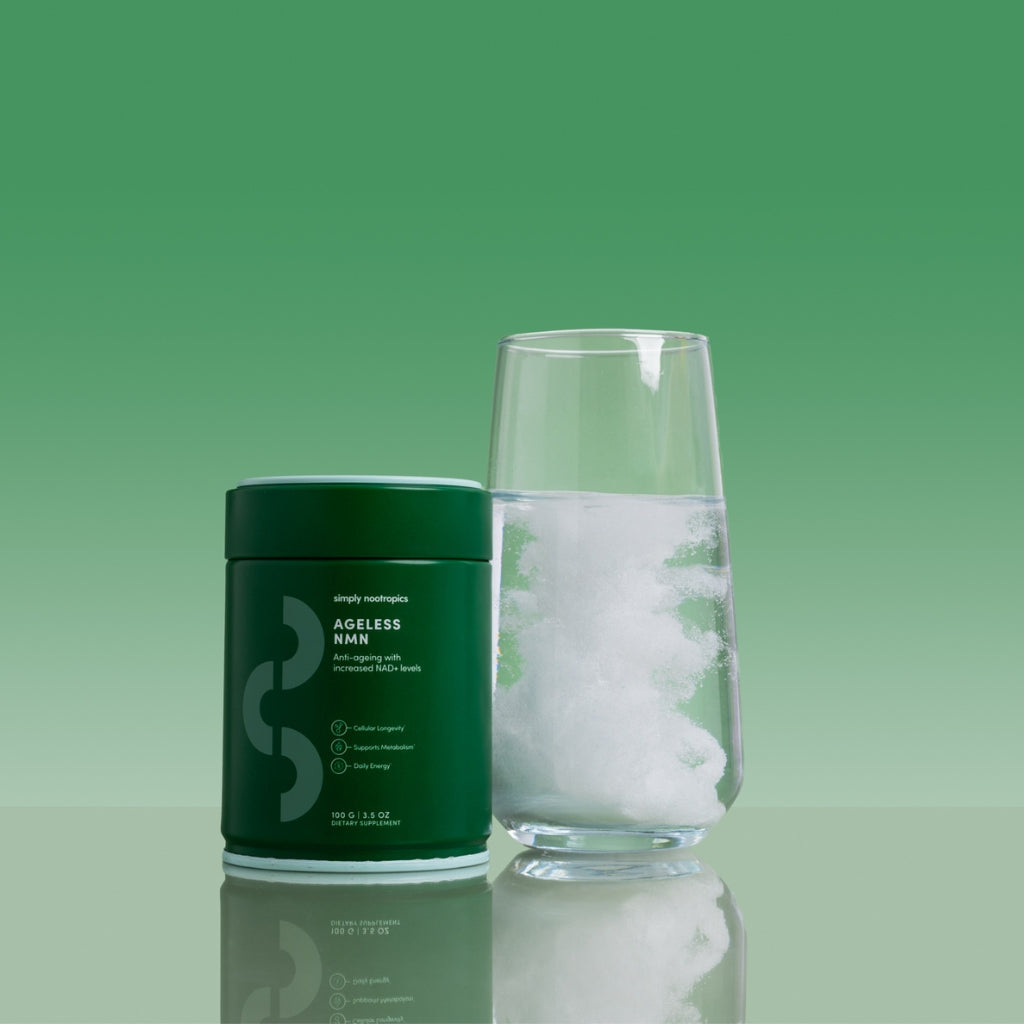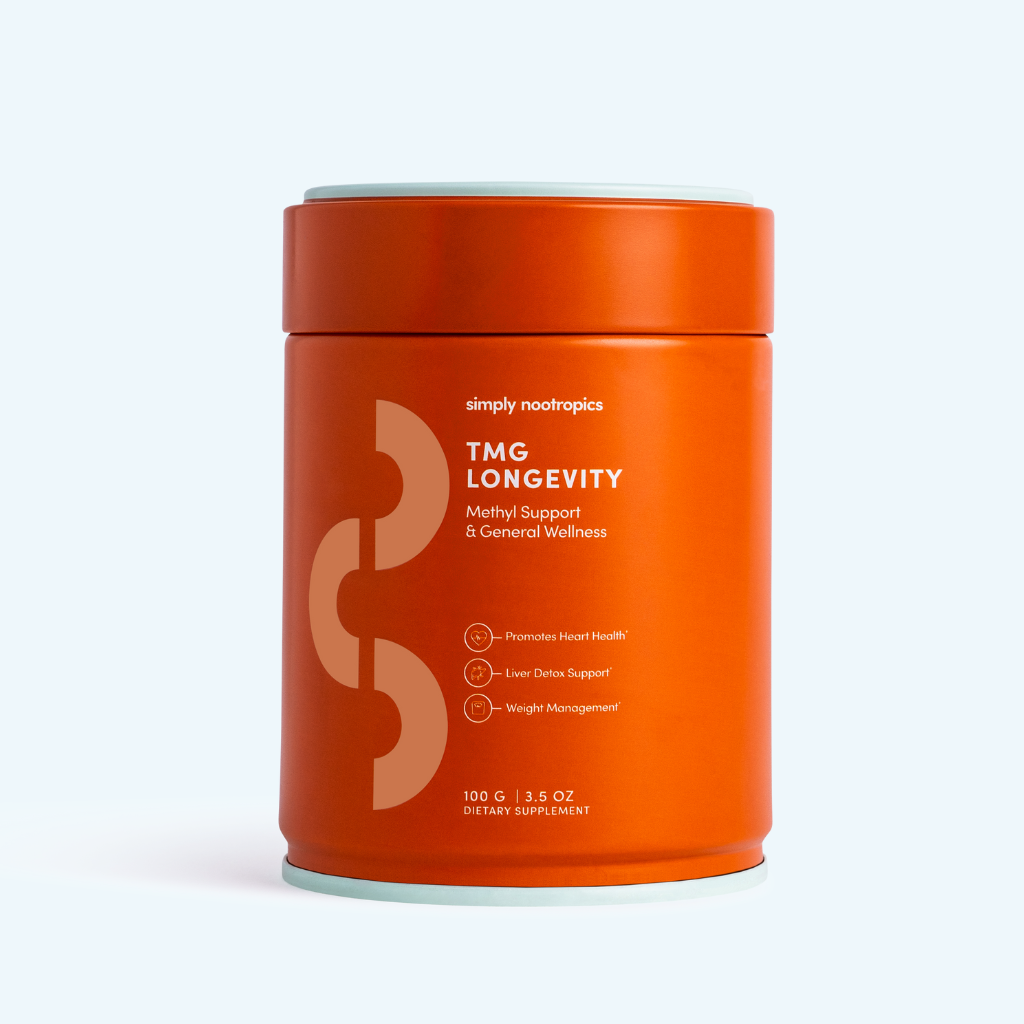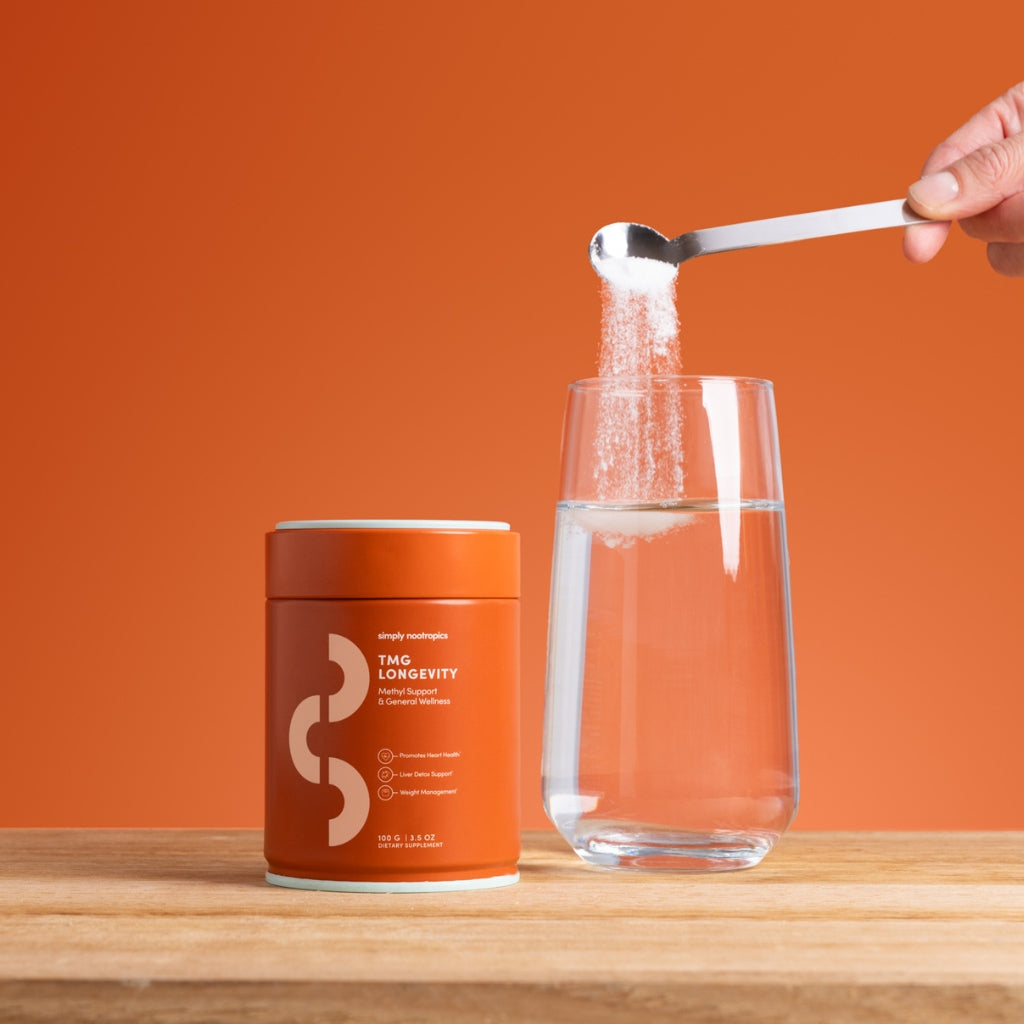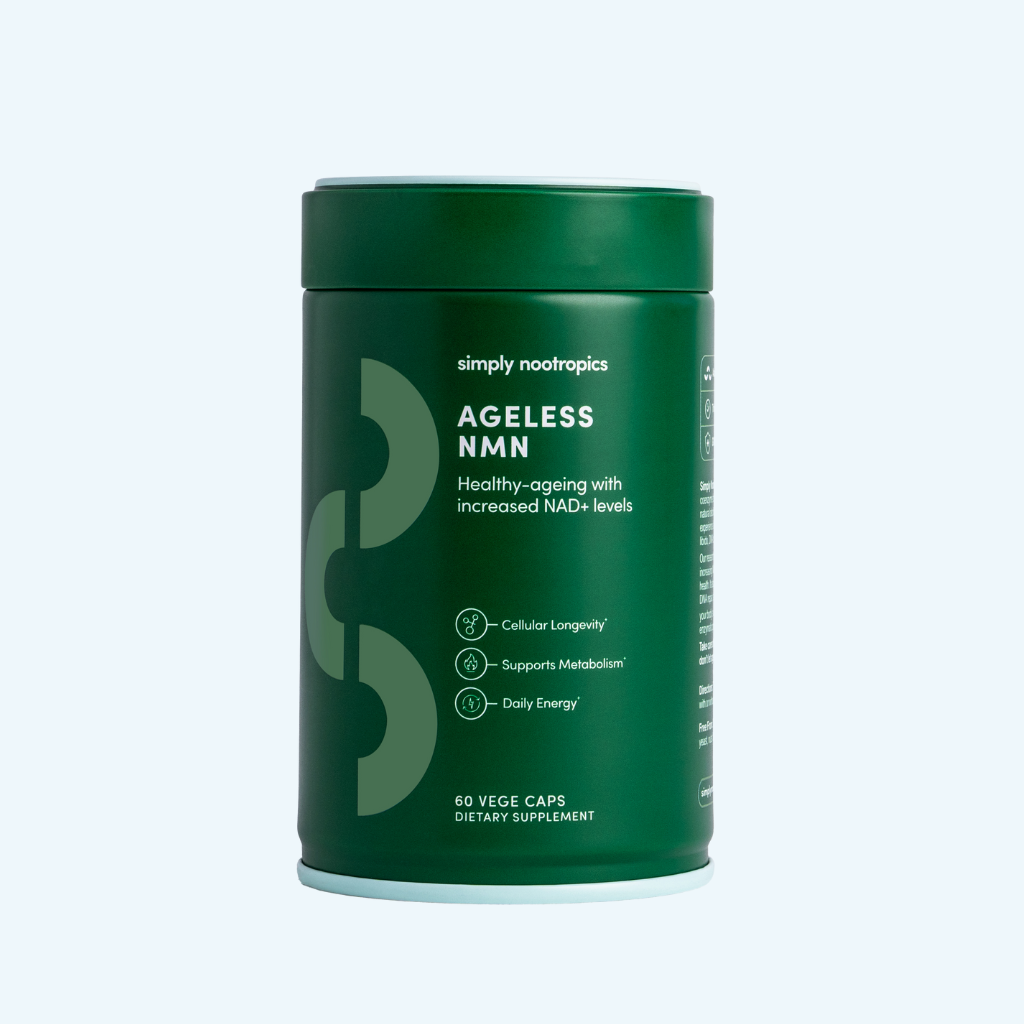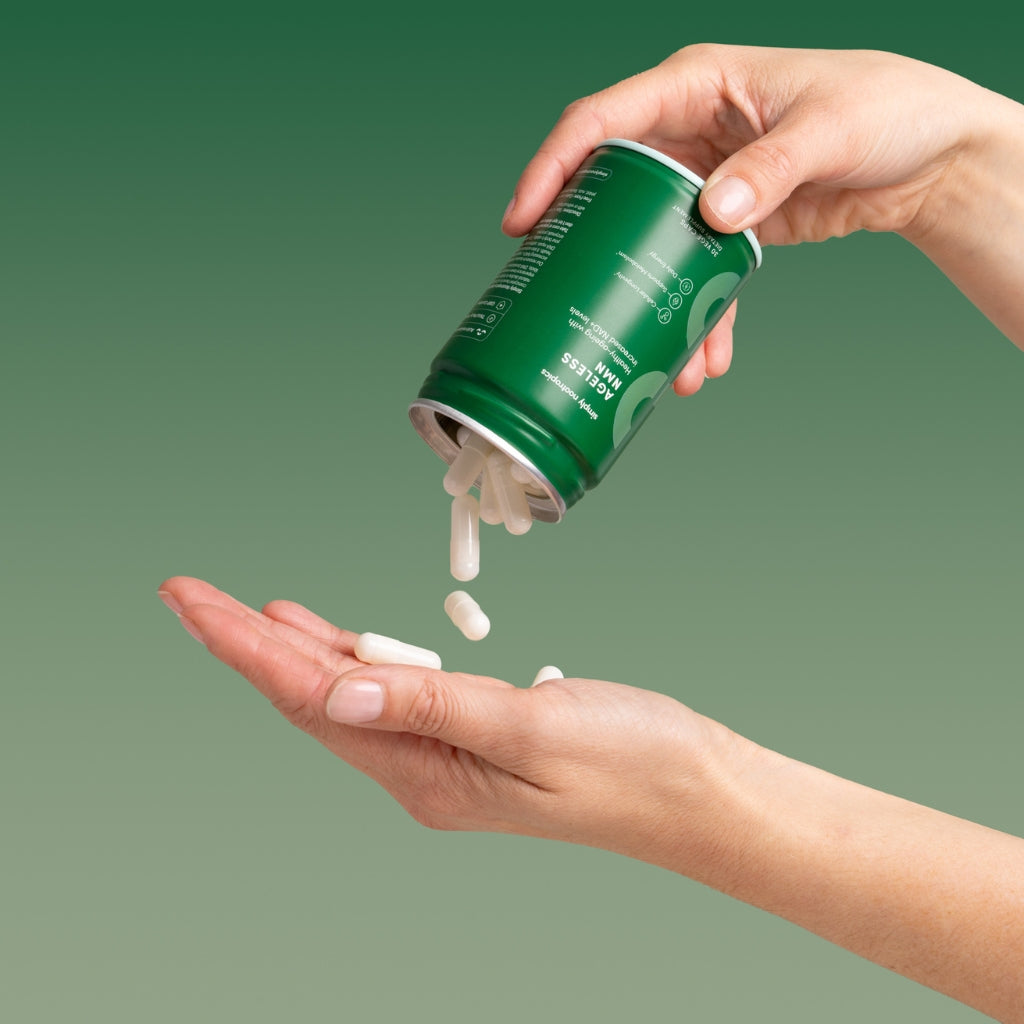Welcome to the latest edition of Longevity News, where we explore the research and events shaping the future of healthy aging, spotlighting the neural underpinnings of antisocial behaviour, surprising superfoods, and international conversations that are pushing the needle on how long and well we live.
-
Inside the Psychopathic Brain
A recent study published this month offers fascinating insights into brain structure and its impact on behaviour, and possibly, healthy cognitive ageing.
Researchers used the Julich-Brain Atlas and MRI data to compare individuals with high psychopathy scores to well-matched control groups. They found adults with antisocial tendencies had significantly reduced grey matter in core brain areas, including:
-
The thalamus and basal ganglia (crucial for emotion processing and movement control)
-
The brainstem and basal forebrain, which regulate attention, arousal, and memory
-
Frontal and parietal cortices, linked to impulse control, empathy, and moral reasoning
These areas aren’t just relevant in antisocial behaviour, they’re central to discussions around cognitive decline, dementia risk, and healthy brain ageing. Individuals with more grey matter in specific regions tend to maintain sharper memory, better decision-making capacity, and improved emotional regulation as they get older.
While this study didn’t set out to explore longevity, it reinforces a vital point: brain structure and cognitive health influence how we age, both mentally and socially. Cognitive engagement, emotional balance, and even strong social connections, all known to protect against late-life decline, now appear physically measurable in the architecture of the brain.
-
Prunes, Bones, and the Unexpected Diet Defender
Move over turmeric and blueberries, there’s a new (old) superfood on the longevity radar: prunes.
In a fresh wave of research, scientists found daily prune consumption significantly improved bone density in postmenopausal women, who are often at increased risk of osteoporosis and fractures. What’s more striking is that the benefit didn’t come from calcium alone, it came from the blend of polyphenols, potassium, and fibre that prunes deliver.
Prunes seem to reduce inflammatory biomarkers linked to bone loss and may support osteoblast activity (the cells responsible for building new bone). Just 5 to 6 prunes per day yielded noticeable improvements in bone health with no adverse effects on weight or gut function, and they offer the additional benefit of aiding digestion, a common concern in older adults.
Why does this matter in a broader ageing conversation? We now understand that bone health plays a central role in lifespan and healthspan. Strong bones support mobility, independence, and physical confidence, key predictors of longevity at any age.
Takeaway: Daily food choices, even something as simple as a prune snack, can be a powerful preventative tool, especially when paired with regular movement and nutrient support that also promotes collagen and connective tissue integrity.
-
Bee Venom and Blood Vessels
Bee venom, long known for its defensive power in the natural world, is showing unexpected potential in human health, specifically, for vascular function.
A July 2025 study found that certain peptides in bee venom relax constricted blood vessels, supporting smoother blood flow and potentially contributing to overall cardiovascular health. These effects appear to be modulated through the endothelium, the inner lining of the vascular system, which also plays a role in ageing, inflammation, and disease progression.
Why is vascular flexibility important? As we age, arterial stiffness becomes more common, contributing to high blood pressure, reduced organ perfusion, and slower recovery from physical and cognitive stress. Finding ways to maintain healthy vessel tone is central to preservation of vital function, not just for heart health, but also for brain performance, mobility, and oxygen delivery.
Although bee venom comes with risks (notably allergic reactions), researchers are already exploring how its active compounds could be safely harnessed in pharmaceutical or nutraceutical form to mimic these natural benefits without triggering an immune response.
-
Dublin 2025: Longevity Summit Recap
This year’s Longevity Summit in Dublin, hosted at Trinity College, brought leading scientists, clinicians, and longevity advocates together to discuss the future of extended, high-quality lifespans.
If there’s one theme that echoed throughout the summit, it was personalisation.
What We Learned:
1. Precision Health Is the Future
From AI-guided lifestyle protocols to DNA-informed supplement plans, speakers drove home the need for targeted, individualised approaches to ageing. The days of generic supplementation and broad diet plans may be behind us: the future supports what works for you, based on your biology.
2. Biological Age Clocks Are Getting Smarter
Researchers showcased a new generation of “age clocks” that don’t just measure surface-level health, but dive deep into gene expression, methylation, inflammation markers, and immune age. These tools may soon become part of everyday health assessments, helping practitioners detect and reverse early signs of decline before symptoms ever arise.
3. Ageing Is Not Equal, Especially for Women
For the first time, female-specific ageing was a dedicated topic at multiple sessions. Experts addressed everything from reproductive longevity and perimenopause to the under-researched area of bone and skin health in women over 40. The message was clear: a longevity revolution must be inclusive in both research and application.
4. Regenerative Therapies on the Horizon
Exciting developments in stem cell technology, gene editing (like CRISPR), and treatments for removing senescent cells were presented. While many are still in trial stages, the science is evolving quickly, and real-world therapies may not be far behind.
5. Lifestyle and Environment Still Reign Supreme
Despite tech optimism, speakers emphasised that environment, from walkability and nature access to social connection, remains a core pillar of long-term wellbeing. The integration of science with common sense, habit-building, and accessible nutrition is where true healthspan progress is made.
Supporting Your System Where It Counts
At Simply Nootropics, we're passionate about helping people put the science into practice. Our range is designed to complement your real-life wellbeing habits while drawing from the latest research in cognitive function, energy support, cellular health and graceful ageing.
Our Vital Beauty Collagen Peptides goes beyond skin deep. With hydrolysed collagen peptides and beauty-focused cofactors, Vital Beauty supports bone, skin, hair, and tendon strength, aligning powerfully with the new data on bone protection from diet and inflammation control.



